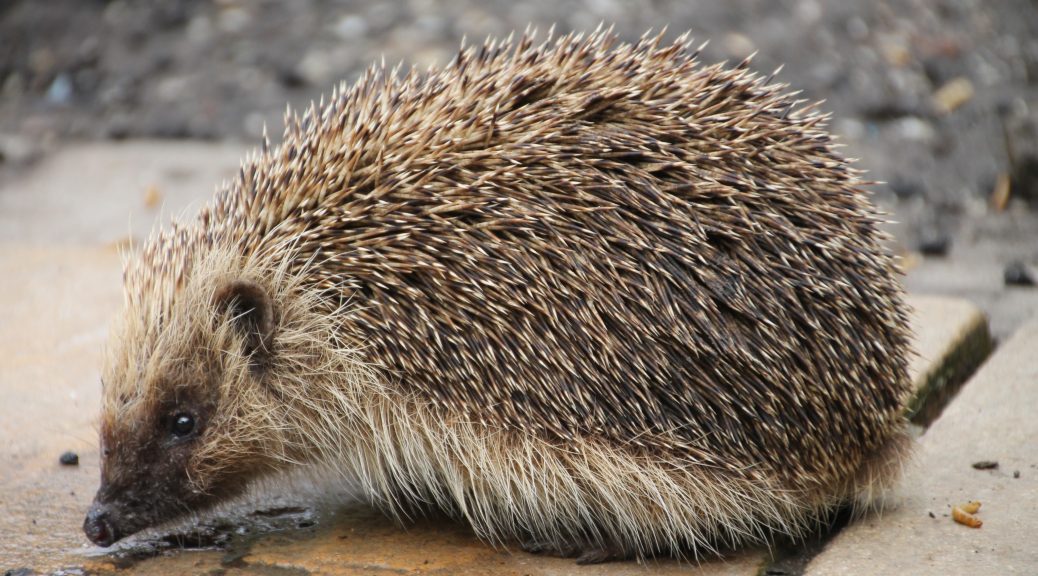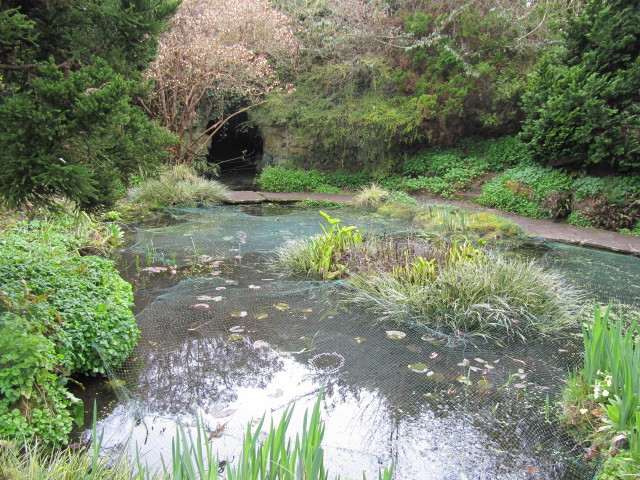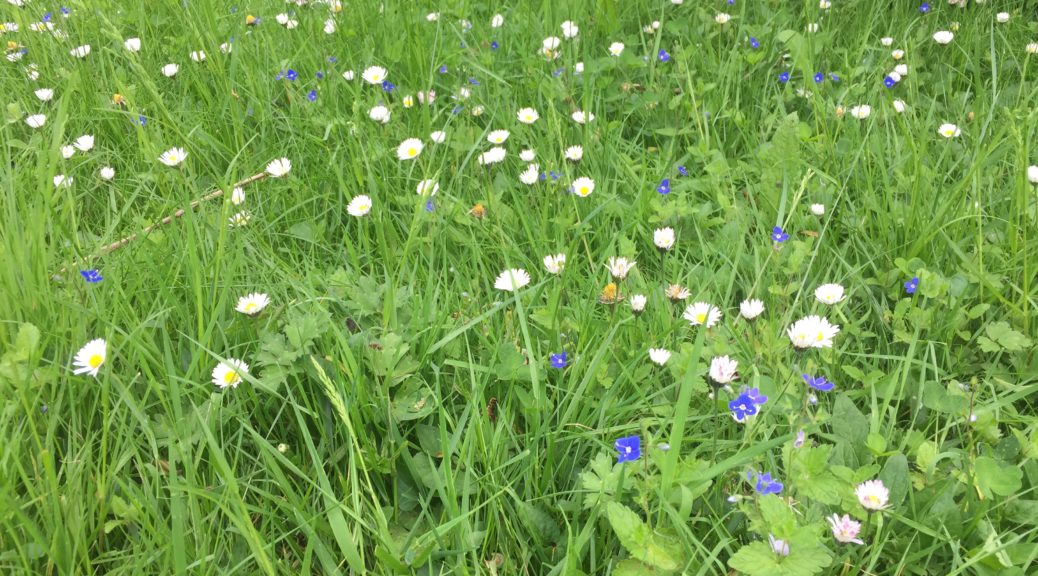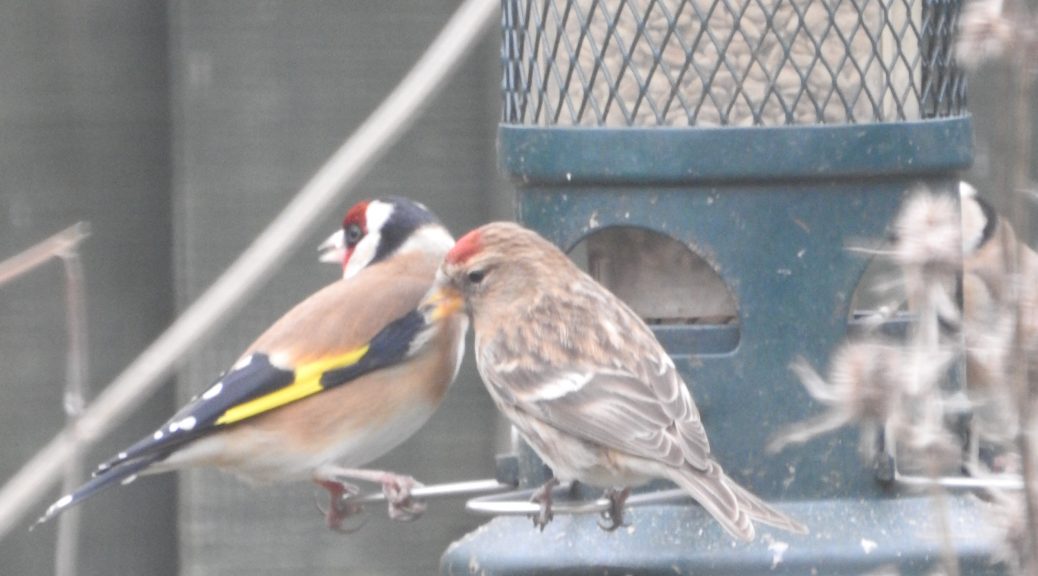The BBC report that for many of us trapped in our homes during the coronavirus outbreak, our gardens offer sanctuary.
But what plants, insects and animals can we expect to see at this time of year? And how can we help everything flourish?
Nick Acheson, from Norfolk Wildlife Trust, filmed this report from his back garden explaining what to look out and what to do as spring comes into full swing.




